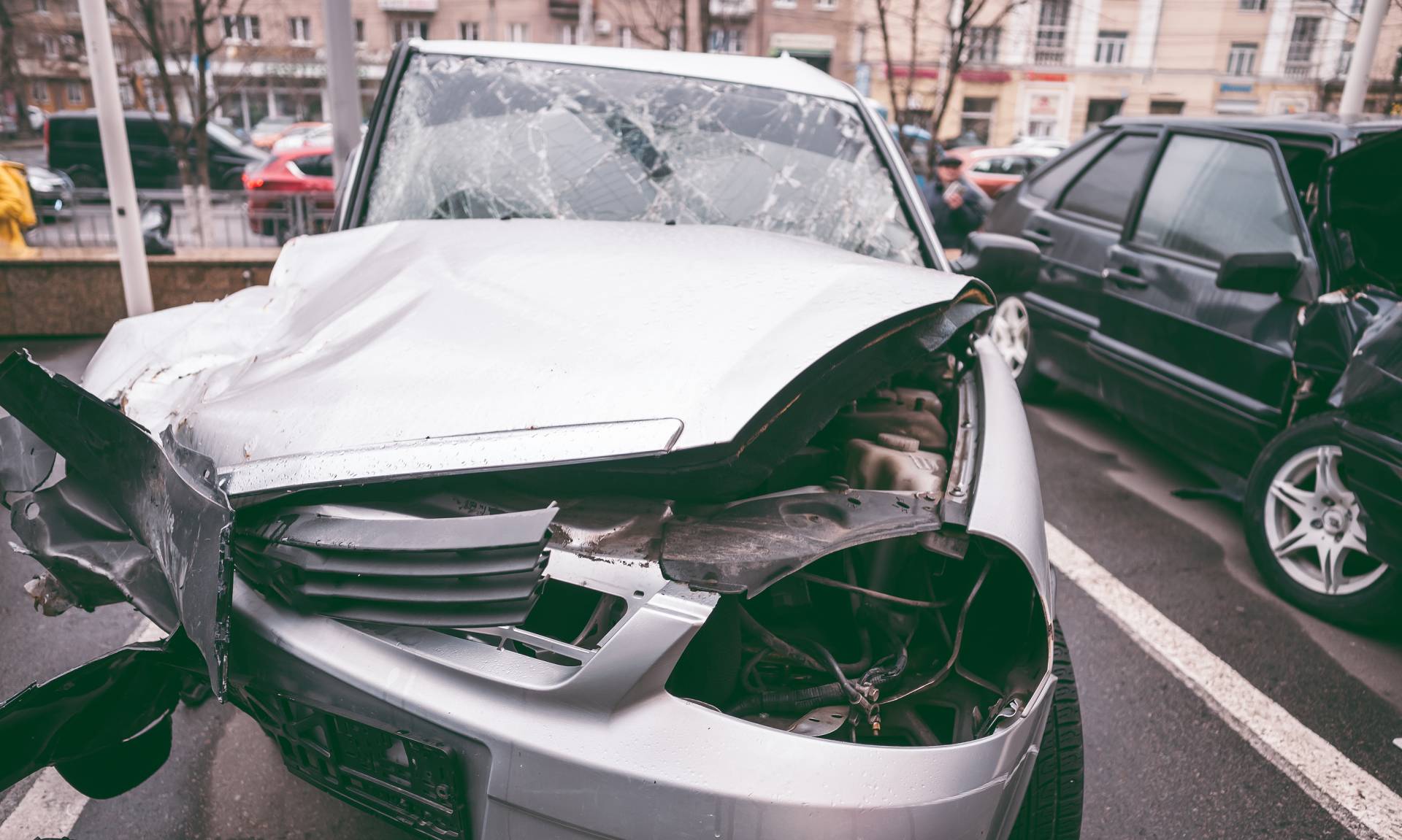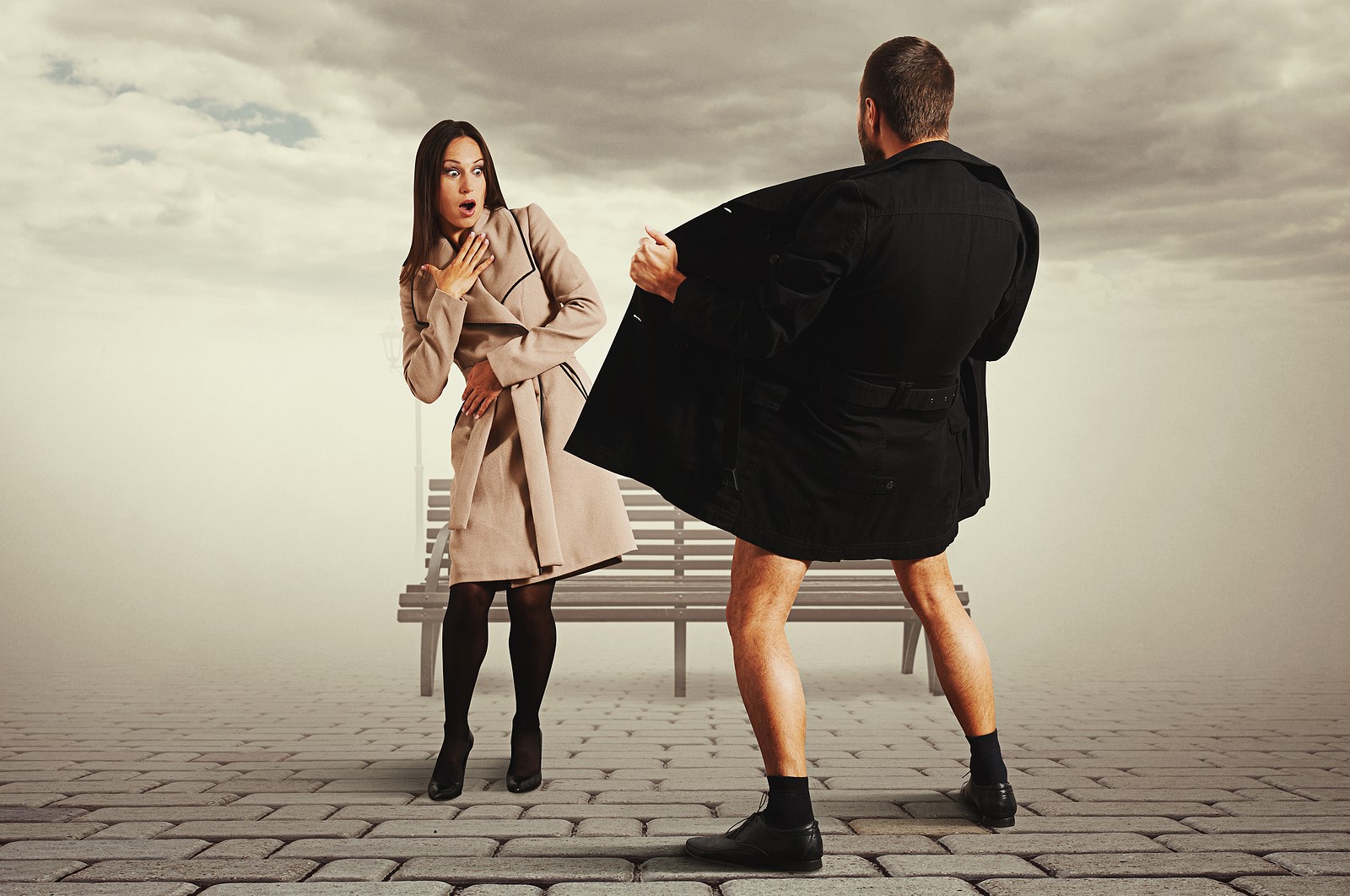The definition of hit-and-run does not cover fault in Colorado, and you can be charged for the offense if you leave the accident scene – even if you were not at fault. If you were at fault, the penalties could be more severe. One of the statute’s explicit rules requires the driver to remain at the accident scene and help the injured person(s).
While leaving the scene is permitted in some circumstances, drivers often leave because they are in shock or are unsure of what to do. Not to worry because a Denver criminal defense attorney can advise you of the defenses and options applicable to your situation.
Under what Circumstances Can I Leave the Accident Scene?
There are a few exceptions to a driver’s legal obligation to remain in the spot where the accident happened. You may not be able to be convicted of a hit-and-run offense if you left to:
- Move your vehicle a little bit because leaving it there could be a potential hazard or could obstruct traffic
- Get immediate medical attention because you were badly injured
- Report the accident to the police
- Look for the owner of an unoccupied building or vehicle
What if I Hit Property or an Unattended Vehicle?
You are not required to remain at the scene if you collide with a car with no passengers or property with nobody on site.
However, it would be best for you to stop and either:
- Leave a note securely in a conspicuous spot – with your car’s registration number, address, and name
- Look for the owner of the vehicle or property and let them know about the accident
What I’m I Required to Do at an Accident Scene with Injured People?
If the accident resulted in anyone getting minor injuries, serious injuries, or death, the driver is required to stay or return to the scene. And it is not enough to be present; you have to do something to help.
Get Medical Assistance
The injured people in your car and those in the other vehicle may need medical attention as soon as possible. Calling an ambulance will ensure that paramedics arrive fast to offer first aid and specialized treatment to anyone that needs it.
Inform Law Enforcement
A driver has to report the accident and inform the police and Denver firefighters about where it happened. You’ll also be required to provide information like your vehicle’s registration number, address, and name.
What are the Possible Penalties if I Leave the Scene?
Penalties for leaving an accident scene depend on;
- Whether property or vehicle was damaged
- Whether the car or property was occupied
- The magnitude of injury to persons involved (if any)
In Colorado, the offense may be charged either as a misdemeanor or a felony.
Only Property Damage
If nobody was injured and only cars and other property were damaged, you can be charged with a Class 2 misdemeanor. This attracts a fine of $1,000 and a jail term of up to a year.
Injuries
Injuries are considered Class 1 misdemeanors and can be punished with up to 18 months in jail and a fine of up to $5,000.
Serious Bodily Injuries
If anyone’s body was seriously injured, you might be charged with a Class 5 felony. You can pay fines as high as $500,000 and spend three years in prison.
Death
You can be charged for Class 3 felony if a person died on the spot or succumbed to the injuries. If convicted, one can be imprisoned for between four and 12 years and pay up to $750,000 in fines.
What Differentiates ‘Injury’ From ‘Serious Bodily Injury’?
According to the hit-and-run statute, ‘serious bodily injury’ includes second or third-degree burns, fractures, breaks, or substantial risk of death, organ impairment, or disfigurement. Notably, this can occur during the actual accident or at a later time.
Injury, on the other hand, can be an illness, physical pain, or mental or physical impairment. Differentiating the two charges is critical in identifying the weaknesses of the case against you and formulating a good defense.
Are there Other Consequences for a Hit-and-Run Conviction?
The Colorado Victim Right Act comes into play if you are convicted. This means that the victim can be notified of the proceedings. Their right to receive restitution can be included in your sentence, and you may have to pay for the victim’s car repairs, medical bills, and other losses suffered.
Besides, the DMV can revoke your license and add 12 points to your driving record if you left the accident scene and are convicted. You are entitled to a legal defense and fair hearing in Colorado, and you better take advantage of it.
What are the Common Defenses for this Charge?
Defending such charges is not easy, and it needs an experienced Denver leaving the scene attorney. We can argue that you:
- Left a note, and nobody was injured
- Didn’t realize that property was damaged or anyone was injured
- Went to get help for someone that was injured or to find a police officer
- Were too injured to stay or report
What’s the Statute of Limitations for Such Charges?
The District Attorney (DA) cannot charge you for leaving the accident scene after the expiry of the period stipulated in the statute of limitations. This is:
- Ten years for vehicular homicide combined with Class 3 felony that is fatal
- Five years for Class 3 felony alone, which is death
- Three years for Class 4 felony that includes serious bodily harm
- One year for misdemeanors, including injuries and damage to unoccupied vehicles and property
Learn Your Legal Options
A lot is at stake if you are convicted for fleeing an accident scene, and you don’t want to risk paying hefty fines, being locked up in jail, or paying money for a victim’s restitution. You can have your freedom if charges are dismissed or suffer less if your penalties are lowered through a plea bargain.
If you face hit-and-run charges in Denver, get in touch with a Denver hit and run attorney who is well versed with Colorado traffic laws. You can get a more favorable result by seeking competent legal counsel. Call (303) 996-8998 to get started.








